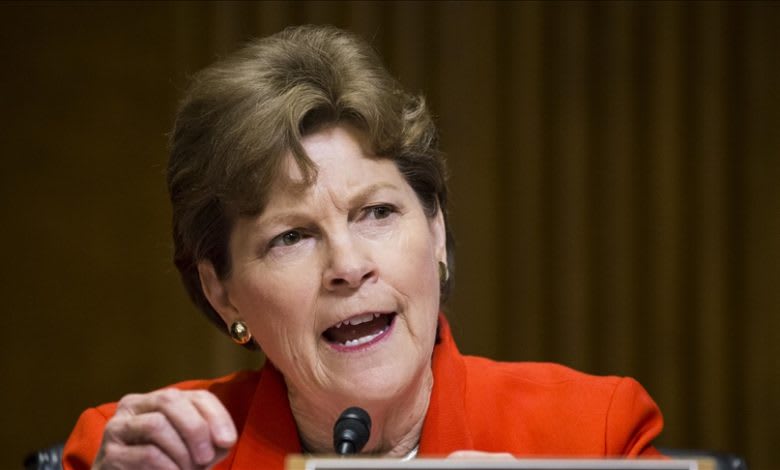An American senator calls for easing sanctions on Syria: an opportunity to enhance national security.

Democratic Senator and prominent member of the U.S. Senate Foreign Relations Committee, Jean Shaheen, called for easing restrictions on cooperation with the temporary Syrian government, considering the collapse of Bashar al-Assad's regime as an "exceptional opportunity" to enhance U.S. national security and regional stability.
This call came in a joint letter signed by Shaheen alongside Republican Senator Jim Risch, addressed to Secretary of State Marco Rubio and Treasury Secretary Scott Besent, urging the adoption of practical measures to ease sanctions hindering cooperation in vital sectors such as energy, agriculture, infrastructure, telecommunications, and education.
Shaheen explained that previously issued licenses by the Treasury and State Departments to enable some forms of cooperation were limited in effectiveness due to "temporal and geographic constraints," calling for expanding the scope of these licenses and increasing flexibility for those in the field.
She emphasized that lifting restrictions would provide urgent financial liquidity to the Syrian economy, preventing its collapse at this critical stage, and is a "necessary step to create an environment that supports U.S. interests in Syria."
National Security Priorities and Common Cooperation
The letter addressed security priorities for the United States, including counterterrorism, reducing Iranian and Russian influence, destroying chemical weapons remnants, combating methamphetamine trafficking, as well as cooperation on the issue of missing Americans, including journalist Austin Tice.
Shaheen warned of existing challenges, such as ongoing violations in western Syria, drug trafficking through Iraq, and the increasing Russian influence in the country.
She stressed that "tangible progress by the temporary Syrian government in these areas must be met with comprehensive sanctions relief and the opening of doors for international cooperation," cautioning that "failure to respond to these demands will increase Syria's economic and diplomatic isolation."
Regional Competition and the Role of the United States
The letter also pointed out the risks arising from regional competition between Turkey and Israel over the future of Syria, which may threaten U.S. interests, calling on the U.S. administration to swiftly coordinate positions between the allies.
Shaheen concluded by emphasizing the need to review U.S. policy towards Syria and enhance clarity of the stance towards the temporary government, expressing readiness to work with the U.S. administration to adjust this policy based on "the extent of the new Syrian government's commitment to American values and interests."